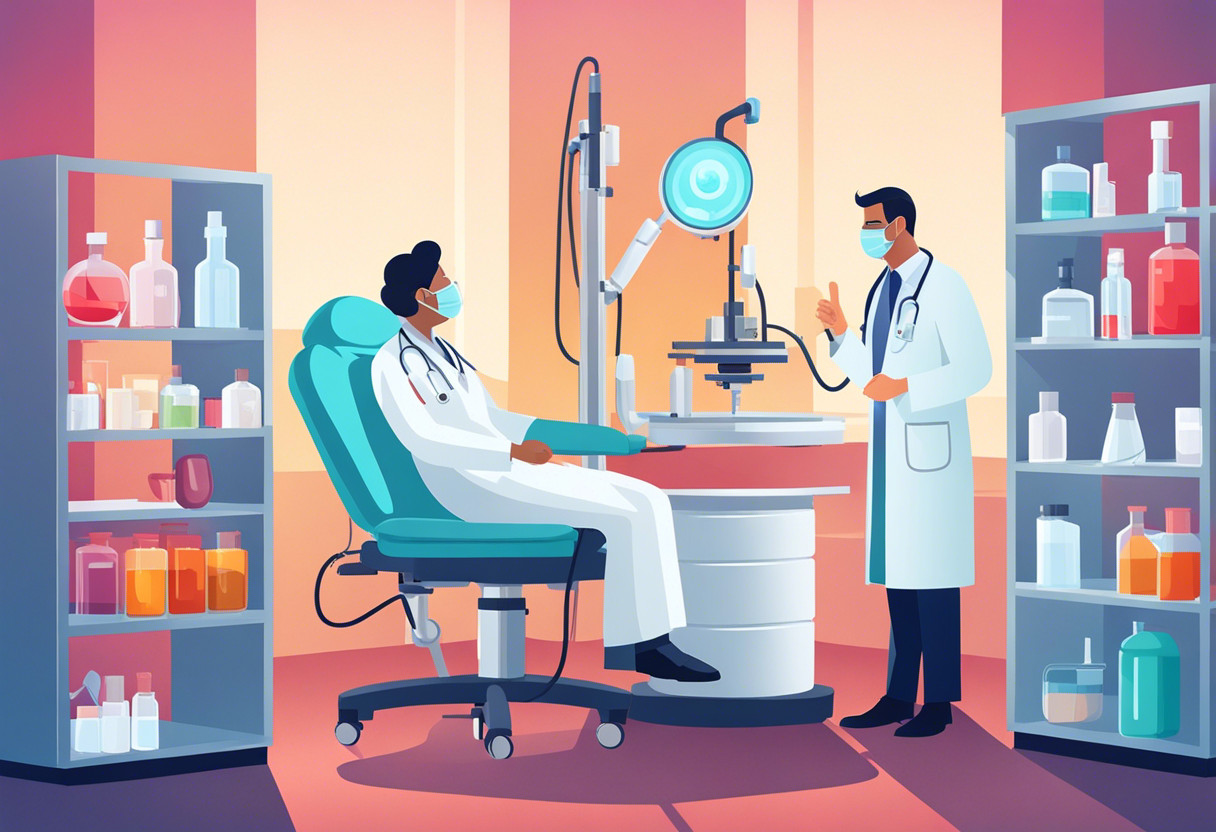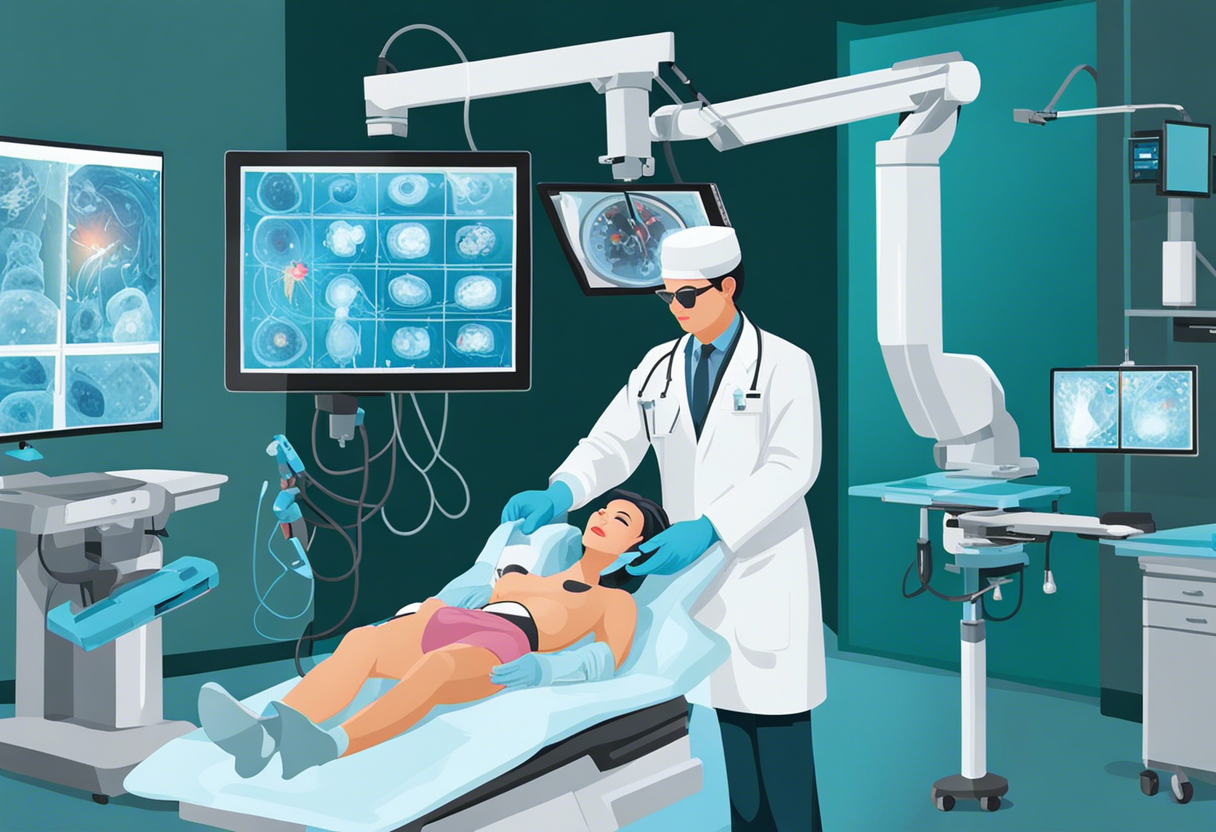Five Top Ways Your Urologist Contributes to Your Health and Wellness
Embracing preventive care can significantly cut down the chances of future complications. Your urologist plays a vital role in this by routinely screening for issues like kidney diseases, bladder problems, and urinary tract infections. These are health conditions that may not present obvious symptoms in early stages.
There's a common misconception that urology is only men-focused, especially addressing conditions like prostate cancer and erectile dysfunction. However, urologists offer essential preventive care for women too, such as diagnosing and treating urinary incontinence and pelvic floor disorders.
Understanding your medical history and lifestyle habits, your urologist makes personalized recommendations for diet, exercises, and lifestyle changes that can prevent or minimize urologic disorders. These wellness interventions can dramatically improve your quality of life.
Therefore, your urologist's knowledge and expertise guide you from possible urologic pitfalls, echoing the adage 'prevention is better than cure'.
Urologist in Detection of Serious Diseases

A pivotal part of a urologist's work involves detecting serious diseases in the urinary tract or the male sexual organs. With regular check-ups, they can discern deviations in the body systems—especially critical for early detection of cancers like bladder, kidney, and prostate.
The importance of early detection cannot be overstated, especially for cancer. It often means a broader array of treatment options, less invasive procedures, better recovery chances, and, above all, improved survival rates.
Moreover, urologists are skilled in interpreting lab results relating to urinary disorders. Their expertise can, therefore, uncover conditions that could be missed or misdiagnosed by a general physician.
Urologist’s Skills in Surgical Procedures

One of the top ways your urologist contributes to your health and wellness is by performing surgical procedures when necessary. These specialists are trained in both open, laparoscopic and robotic surgeries, which can range from minor outpatient procedures to significant surgeries.
The ability to perform complex surgeries is particularly underscored during emergencies like severe injuries to the kidney or urinary tract. Their surgical skills ensure that patients receive immediate and expert care during such dire circumstances.
Even in non-emergency situations, urologists perform operations— for instance, removing kidney stones or treating tumors— that drastically improve patients' quality of life.